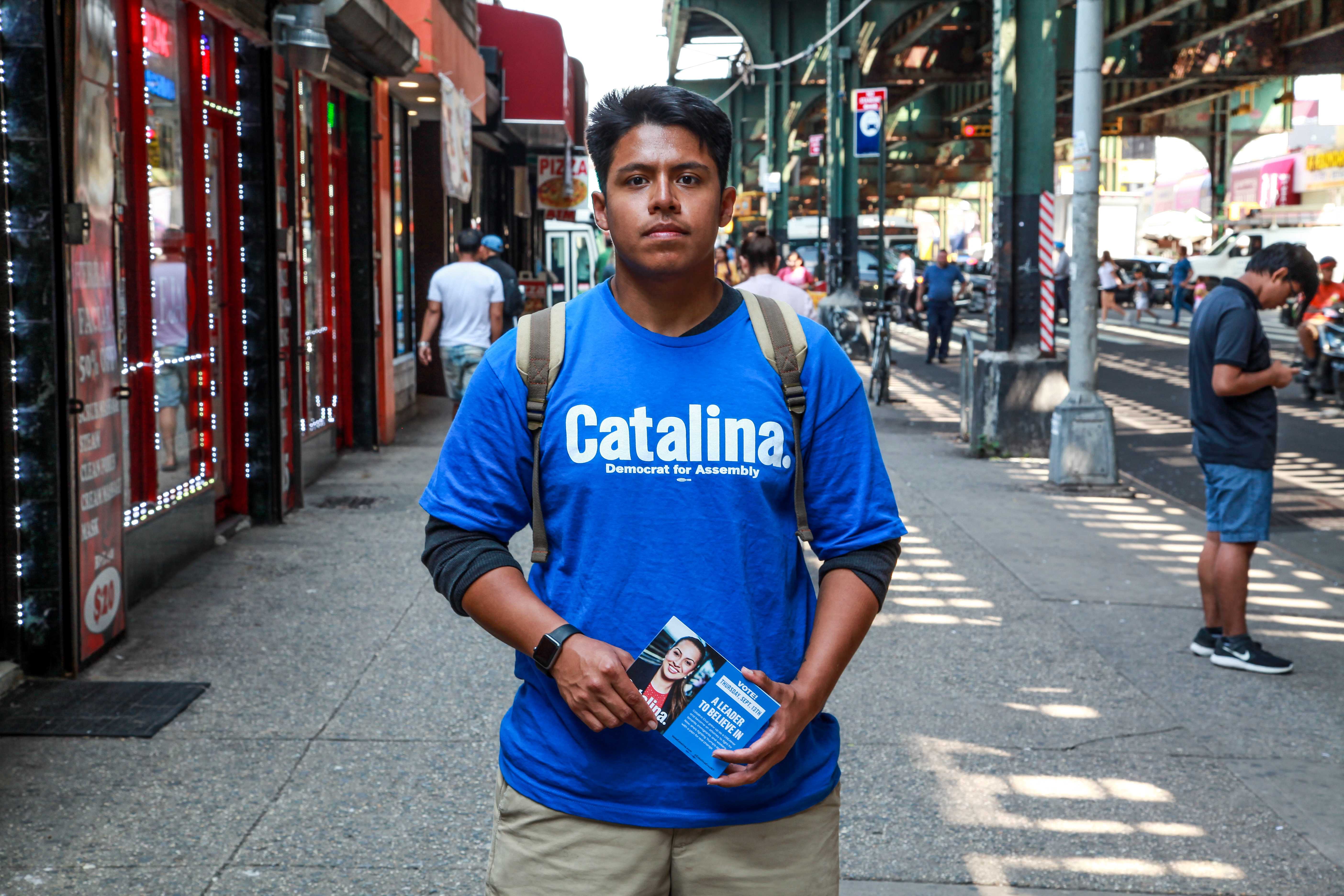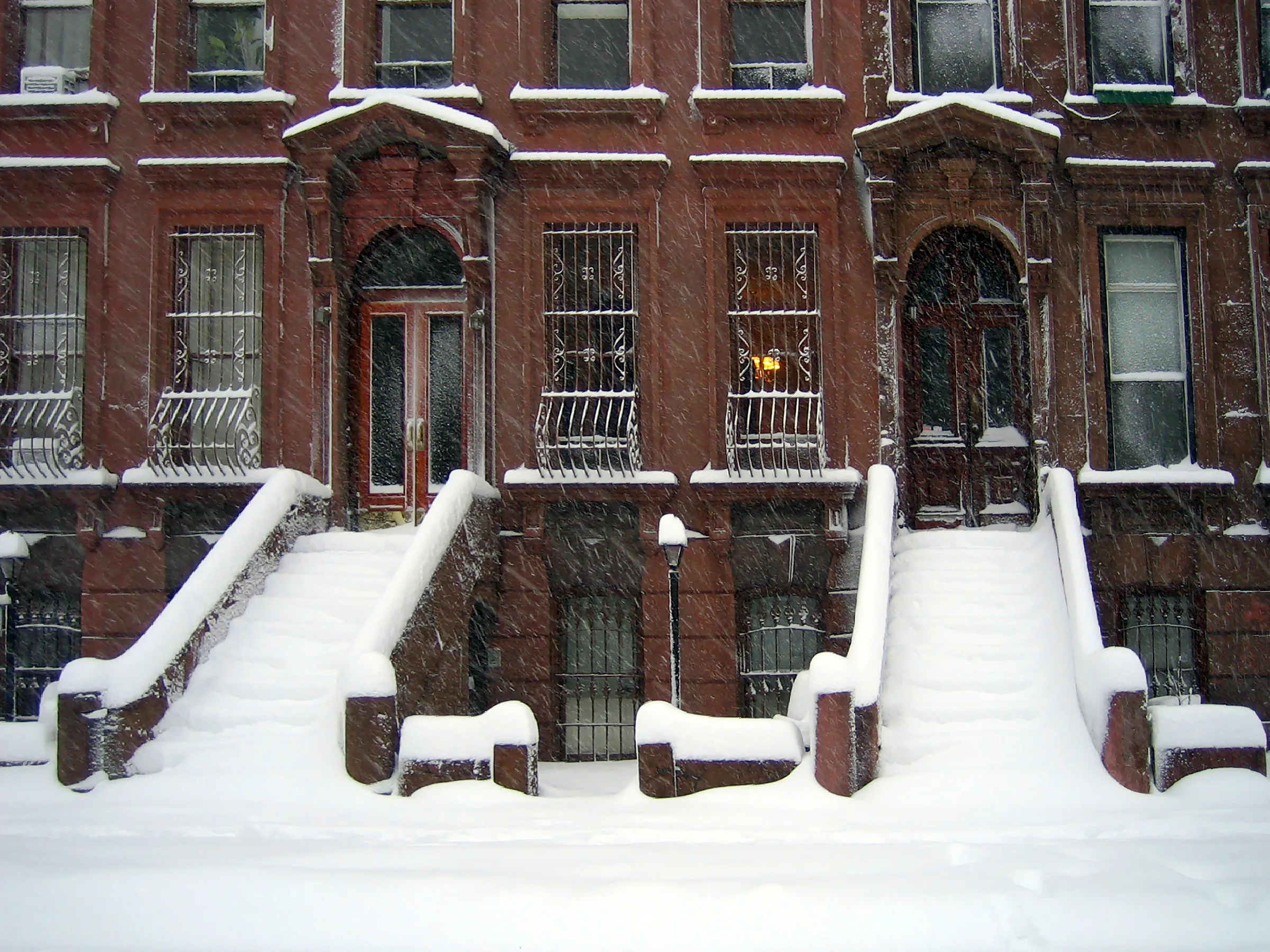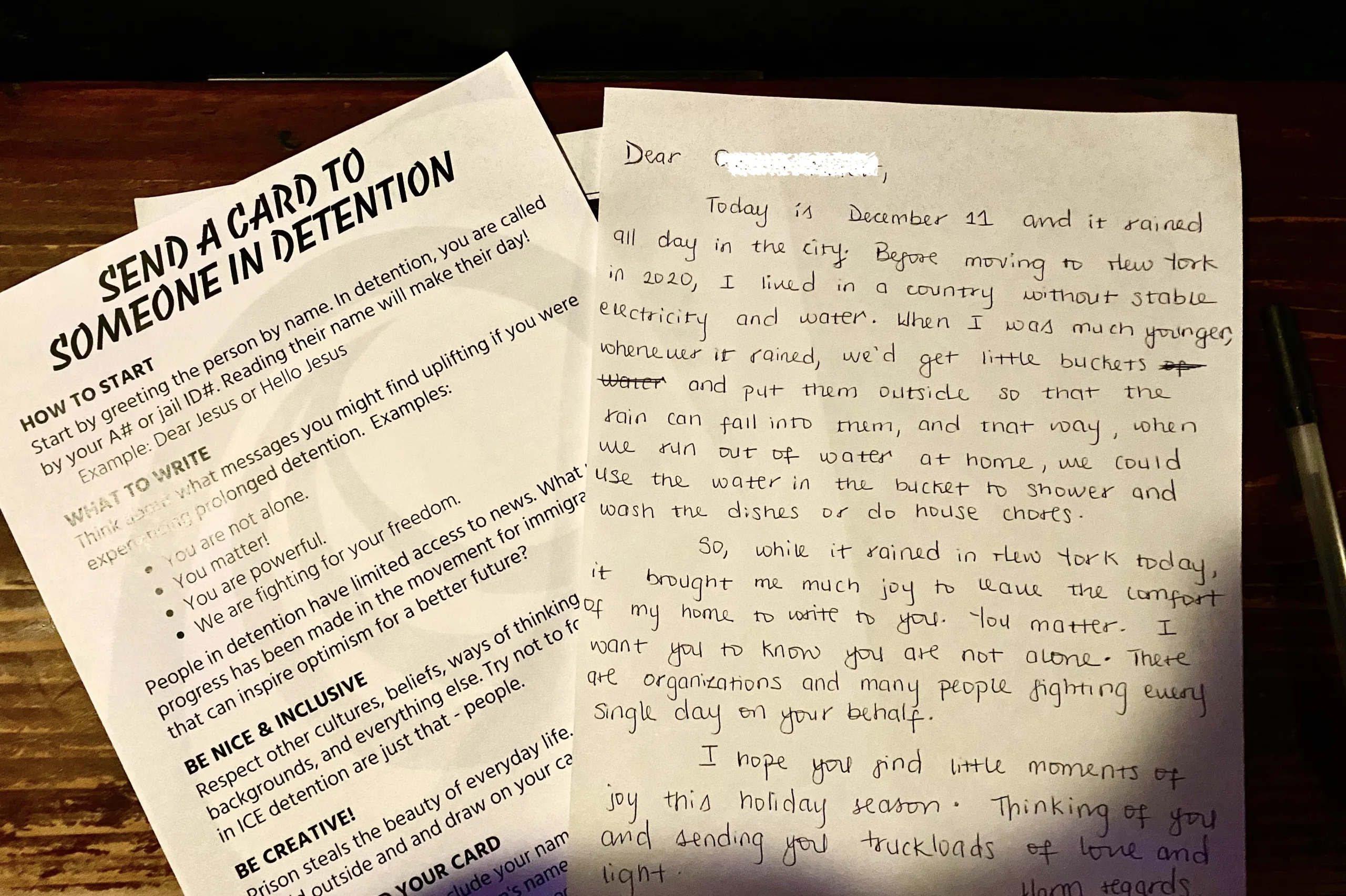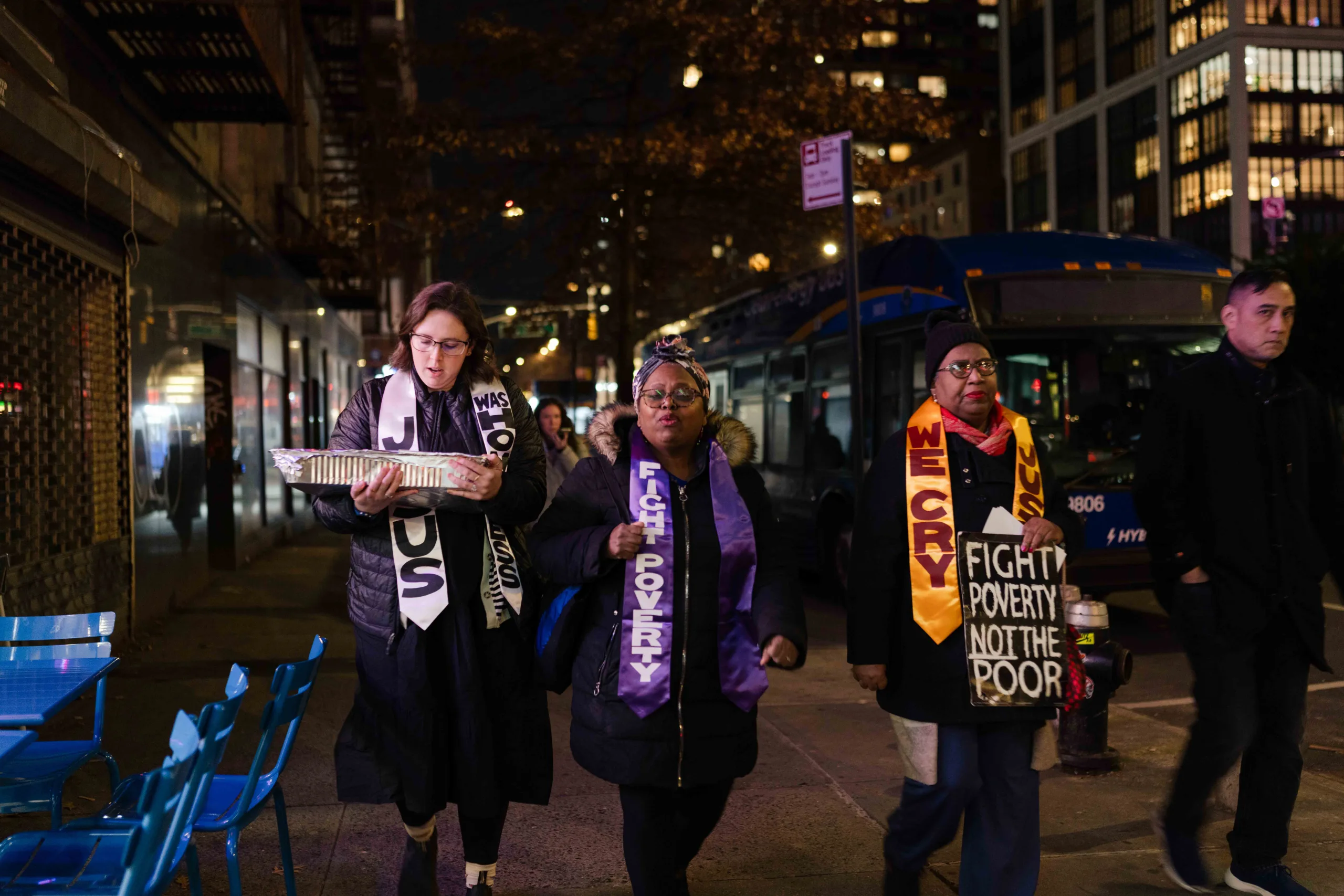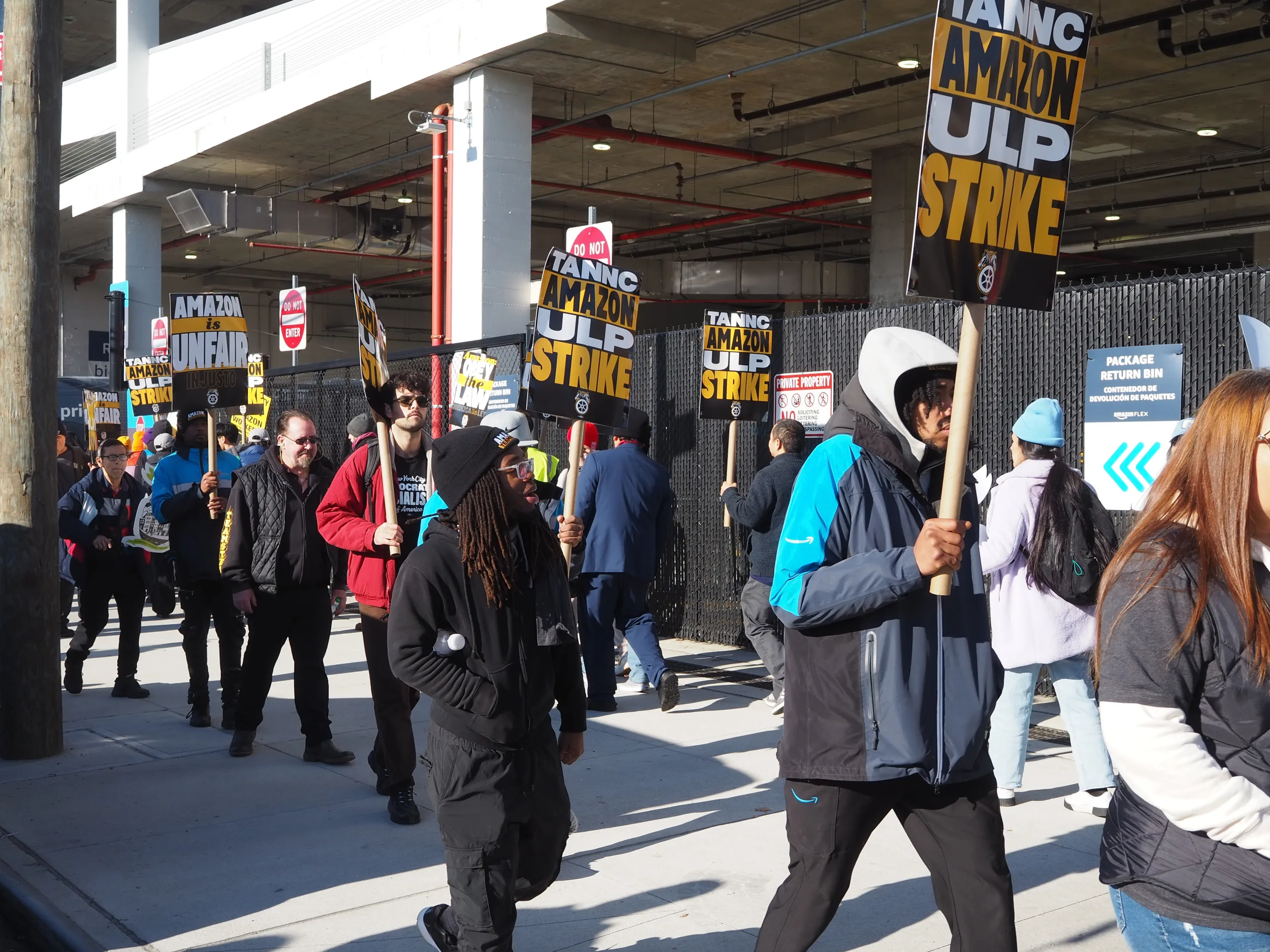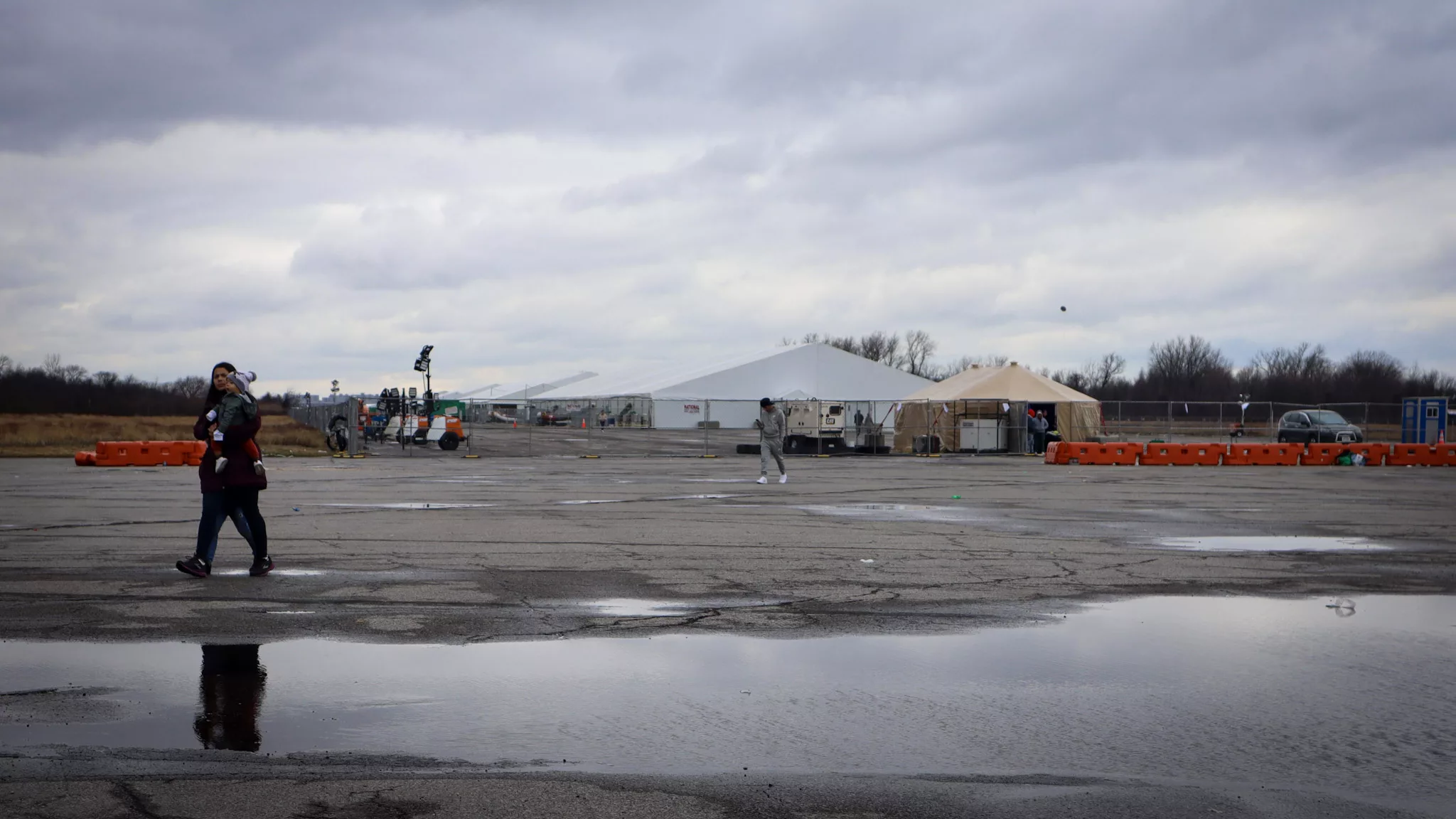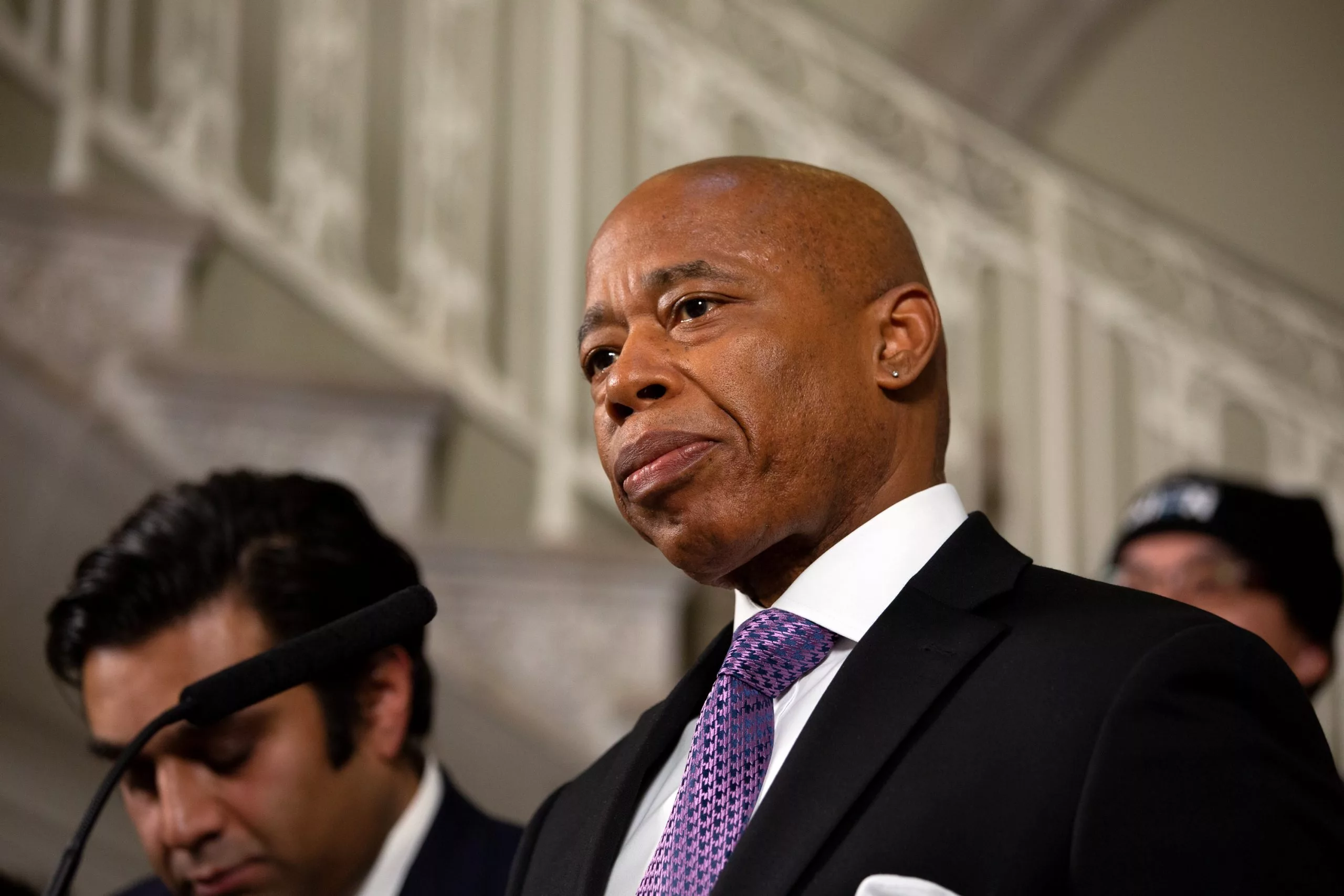This summary about NYPD and college students was featured in Documented’s Early Arrival newsletter. You can subscribe to receive it in your inbox three times per week here.
Police stops around college campuses have a substantial negative effect on course credits completed by undocumented men, a new study finds, using administrative student data from the City University of New York.
The study is among the first to examine the impact of immigration status and law enforcement across various ethno-racial groups, the researchers said. It also examines how the NYPD Stop, Question and Frisk local policing program academically affected undocumented college students at CUNY — the largest urban public university system in the U.S.
The data identified 13,000 undocumented students among more than 350,000 first-year students. The research was published this month and conducted by professors and researchers at Harvard, CUNY, DeZIM Institute, Stanford and Stockholm University.
Black and South Asian undocumented young men are more negatively impacted by police stops around college campus: These groups experience heightened surveillance by NYPD, the study notes. Meanwhile police stops on campus seemingly had little effect on documented students or undocumented women. Tentative evidence in the study shows that Pakistani and Bangladeshi students experience the largest negative effect among Asian men.
As they’re at highest risk of being stopped by the police, these groups developed avoidance strategies.
Policing decline led to more academic participation: The decline in the NYPD Stop, Question and Frisk policing strategy from 2011 to 2014 substantially increased the academic participation of undocumented men in college. During that time, police stops declined by 95%, while undocumented men at CUNY took an average of 2.4 more course credits.
The researchers did not find the pause had any significant effect on GPA.
Study can unlock how inequality and social-economic integration affects immigrants: Undocumented immigrant students fear police encounters and the threat of deportation that comes with each possible encounter. That can lead them to avoid all government contact, even in protective institutions and so-called sanctuary cities, the study indicates. This could imply that the chilling effect of local policing is even more severe outside of New York City and for immigrants who are not attending college.
Read or download the full report by Joscha Legewie, Amy Hsin, Niklas Harder, and Linna Martén.
STORIES WE ARE FOLLOWING
New York
Priest marries asylum seekers, helping them avoid separation at shelters: Father Arias has performed the ceremonies at St. Peters Church in Midtown Manhattan and will continue officiating weddings next Sunday. — Spectrum News NY 1
NYC opens tent shelter for newly arrived asylum seekers: Workers will help the migrants get in touch with contacts, ascertain where they want to go, assess medical needs and other services. — New York Times
- Learn more: On this thread, take a look at Photos from inside the tent setup for asylum seekers on Randall’s Island.
- Learn more: Documented journalists visited the Asylum Seeker Resource Navigation Center and a Bronx shelter to connect new arrivals with our newly published guide — newimmigrants.nyc & nuevosinmigrantes.nyc.
Nail salon working conditions have harmed workers — 50% of whom are Asian — for years: Documented’s article about how lack of proper ventilation affects the reproductive health of nail salon workers was featured on Pod Save the People. — Listen (from the 44:00 mark)
- Learn more: Our story was also republished in Nepali Times and Next City
Around the U.S.
New findings show Florida’s migrant relocation was bigger and better organized than previously known: A 27-year old Venezuelan migrant quickly became a top recruiter of passengers, second only to an employee of Florida Gov. Ron DeSantis. — Miami Herald, subscription
Survey finds sheriffs largely want increased border security: In the Marshell Project’s survey, most sheriffs proved hawkish on immigration, saying they want the federal government to spend more on border security. — Read more
Immigration advocacy organization America’s Voice gets new executive director: Vanessa Cárdenas, who has served as acting deputy director of the organization, will take over from founder Frank Sharry, who announced his retirement in September. — The Hill
纽约州“能源补助”申请指南
For the last five years, photojournalist Pablo Allison has documented the immigration journeys and life in detention: His latest project, the “Detainee Handbook,” explores what it’s like for migrants detained by ICE from inside the detention center where he found himself in 2019. — PBS NewsHour
Delaware advocates say Diversity Immigrant Visa program unfairly excludes nationalities: The application process opened Oct. 5 and will close on Nov. 8. Countries not eligible this year include several countries in Latin America, the Caribbean, Asia, and Africa, as well as the UK. — WHYY
Florida program prepares first-generation and low-income students for college: The Berkeley Academy is a six-year college access program that is funded and supported entirely by the Berkeley Preparatory School in Tampa. — ABC Action News
Washington D.C.
El Paso mayor says WH asked him to not declare emergency over migrant uptick; he agreed it wasn’t necessary: The White House said it did not make any such request, but said the federal government stands ready to support El Paso in every way it can. — CNN
